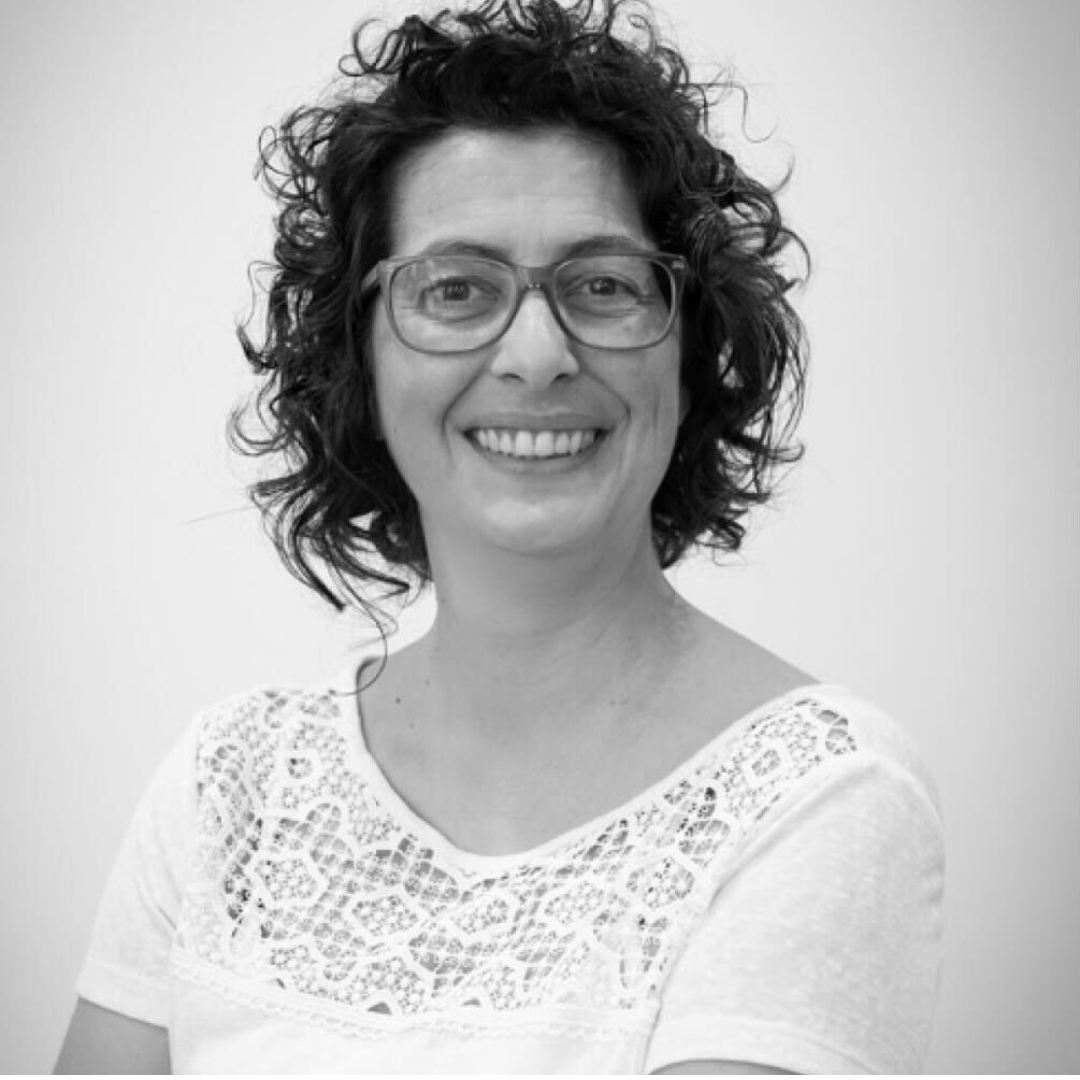 | Cláudia Simão is an invited Assistant Professor and Scientific researcher at Católica Lisbon School of Business and Economics. She is a Behavioural Scientist and Consultant with a PhD in Experimental Psychology. She has designed 500+ research studies/experiments and has published 30+ scientific articles on human behavior. |
What motivated you to work on Behavioural Science?
I have always been passionate about understanding why people behave the way they do. I started my undergrad studies as a clinical psychologist, and later got fascinated by social psychology – what are emotions and why it is so difficult to control them? How does culture or group behaviour frame your own attitudes? How can prejudice and discrimination be explained? And the more I read and studied about it, the more fascinated I got. I loved exploring and researching self-other differences – in fact, it is intriguing to see how good we are at deciding for others (e.g., giving advice) but terrible when making the same decisions for ourselves (e.g., choosing). This illogical way of behaving stimulates my curiosity (and I cannot get rid of this curiosity!) and being able to think about and come up with solutions for the behavioural puzzle is one of my biggest motives to work in Behavioural Sciences.
What do you think is the future of Behavioural Science in the next five, and ten years? What major challenges do you foresee?
One important topic for the future of Behavioural Science is to leverage the power of positive emotions to promote high quality interactions between people. I see huge positive implications of training people to stimulate gratitude, kindness, or caring about others. Nurturing these feelings will make communities thrive, and I believe that the future of Behavioural Science will accommodate and promote the benefits of positive emotions. Positive emotions are supposed to broaden up people’s minds and to stimulate innovation and creativity, and that can also represent a big challenge: to find a good balance between the arousal of positive feelings and the vital functions of negative feelings, that can act as self-protective in various situations.
Which behavioural scientist(s) do you admire the most and why?
Behavioural Science is an incredible field, and the quality of work that behavioural scientists do is impressive. Great theoretical and empirical work is being discussed every day. Big steps and progress grow little by little with contributions from everyone. Thus, it is hard to name only one behavioural scientist that I admire. But I can tell you this: I admire most of my colleagues that work so hard every day to push innovation and progress through research and field work, with the sole motive to improve all levels of society.
What advice would you give to a beginner in Behavioural Science? What are some of the crucial skills one has to develop to succeed in this field?
One good piece of advice that has always worked for me is to get yourself surrounded by multidisciplinary teams and environments. By knowing different colleagues and talking to different people, you will see how much you will learn. It is a great exercise to better understand that one-size-does-not-fit-all; that multidisciplinary can challenge your initial views on behaviour and bring fresh perspectives to forward the understanding of a phenomenon; that one phenomenon may be a puzzle of micro phenomena that is not equal to everyone. Together with that, I think it is crucial to have critical thinking skills to succeed in the field of behavioural science. Think about the phenomenon you want to study. And then think again – challenge your first thoughts and see if they hold. When studying behaviour, there are so many confounders, that it is important to make sure that one is studying that exact behaviour one wants to study and not something else that seem to be the same.
If you were starting your career again today, what would you do differently?
If I was starting today, I would combine academic research with more applied/field work earlier in my career. I think both perspectives complement each other so well that one should always be accompanied by the other. Laboratory work is crucial to isolate phenomena. Field work is crucial to understand challenges that are inherent to work in social and cultural environments. There should be a higher interaction between these two.
What books/publications would you like to recommend to our readers? (around 3)
Social Cognition: Making Sense of People (Ziva Kunda) Thinking Fast and Slow (Daniel Kahneman)
What is your favourite quote in Behavioural Science?
“The key to solidarity and cooperation… is the extension of prosociality beyond close-knit networks…” (Delia Baldassarri & Maria Abascal)
If you could interview any one fictional or historical figure, who would you choose and why?
I would love to learn more about Prof. Muhammad Yunus – a social entrepreneur, banker, economist, and a civil society leader. Prof Yunus was awarded a Nobel Peace Prize (2006) for his work on microcredit and microfinance. The aim was to lift those in extremely disadvantaged economic conditions out of poverty. To me, it is always an inspiration when the work of others is dedicated to humanitarian causes and I believe that sharing perspectives with inspirational others can only make the world a better place.
How do you apply the notions of Behavioural Science in your personal life?
When you start learning about cognitive biases, motivated reasoning, etc., you immediately picture yourself – “I am not like that” or “I do drive better than most other people!!”. By becoming more aware of biases, I got more conscious on how to avoid them. It may not happen at every hour, but I am certainly more cautious in my personal life and try to use them to my personal growth.
Thank you very much for sharing, I learned a lot from your article. Very cool. Thanks. nimabi